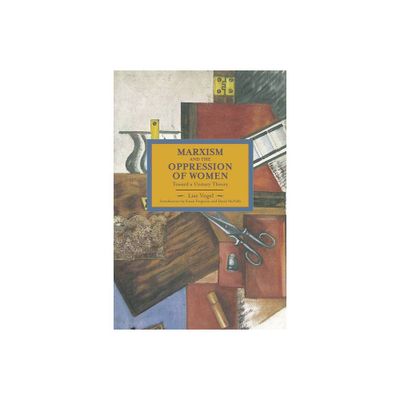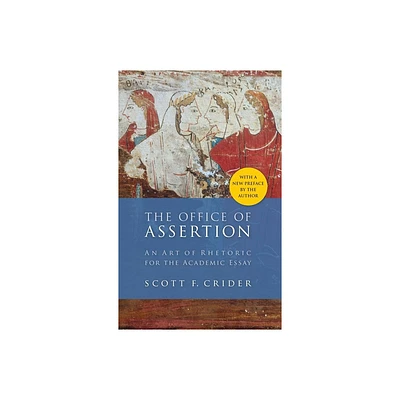Home
From Oppression to Assertion: Women and Panchayats India
Loading Inventory...
Barnes and Noble
From Oppression to Assertion: Women and Panchayats India
Current price: $180.00


Barnes and Noble
From Oppression to Assertion: Women and Panchayats India
Current price: $180.00
Loading Inventory...
Size: Hardcover
*Product Information may vary - to confirm product availability, pricing, and additional information please contact Barnes and Noble
The book explores the experiences, impact and responses of women in village panchayats in India after a Constitutional Amendment in 1992 made it mandatory to reserve one-third positions for women. Based on extensive field research with interviews of 1,200 panchayat representatives and community members in Madhya Pradesh, Rajasthan and Uttar Pradesh (states usually seen as low on social and gender indicators), the book documents awareness, motivation, perceptions, and participation levels of women elected in the first election following the Amendment, with a follow-up survey of the same panchayats in the next two elections.
This work maps the empowering impact on women’s self, the attitudes and perceptions of the family and responses of other social institutions. It explodes the myth of women’s disinterest in politics, the entry of only affluent women and relatives of influential politicians, and particularly, of these women as proxy for their male kin. The recent policy announcements reserving more seats for women in panchayats (from one-third to one-half) makes this book topical, and especially interesting in light of the opposition to the reservation of seats for women in state legislatures and the parliament.
This work maps the empowering impact on women’s self, the attitudes and perceptions of the family and responses of other social institutions. It explodes the myth of women’s disinterest in politics, the entry of only affluent women and relatives of influential politicians, and particularly, of these women as proxy for their male kin. The recent policy announcements reserving more seats for women in panchayats (from one-third to one-half) makes this book topical, and especially interesting in light of the opposition to the reservation of seats for women in state legislatures and the parliament.


















